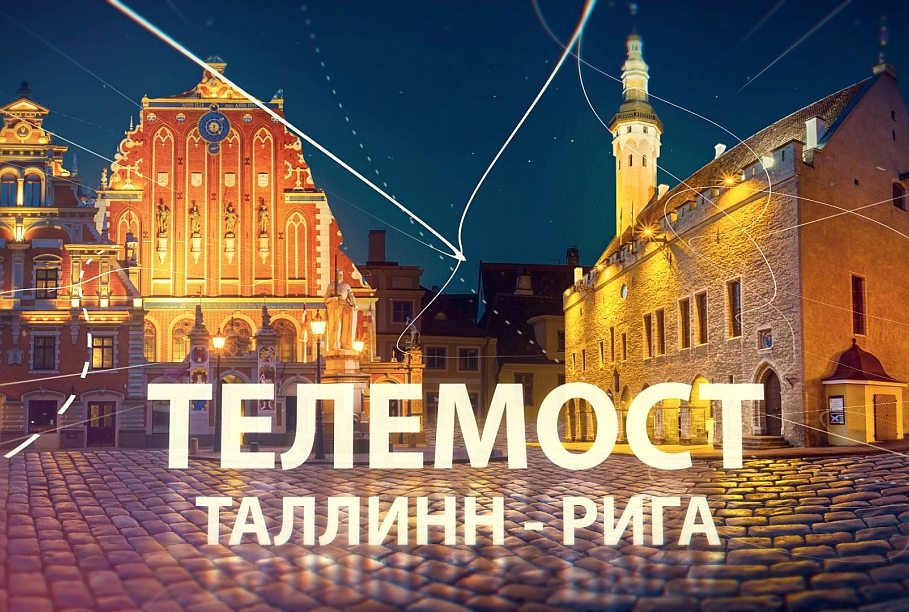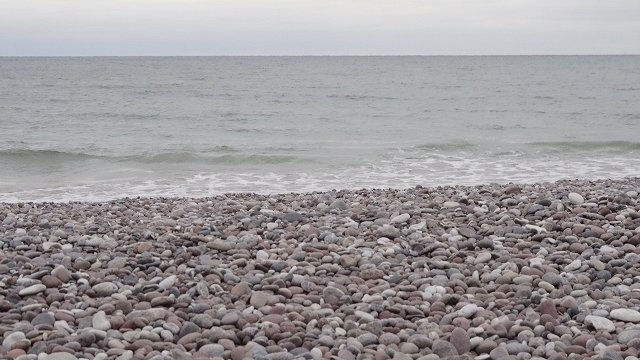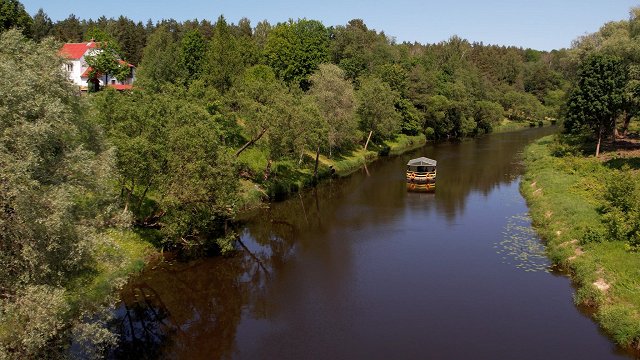"The level and quality of life, the income level and the education level are different between Estonians and Russians. And not in favor of the Russian-speaking minority," said Kõlvart.
"At the dawn of independence rules were created that from the very beginning gave different starting positions [for Russians and Estonians]. And even now we haven't leveled the difference, even though the situation is changing for the better. However the gap has lasted for almost a generation, which is a serious blow to the growth of any society," said Kõlvart.
Vjačeslavs Dombrovskis, the former Economics Minister currently heading the Certus economic foundation, voiced similar views during the broadcast.
"If we'd look at the base indicators for what is modernly called social alienation, the factor of being a Russian speaker will take first place there," said Dombrovskis.
"That is, we have no discrimination in our country, as we all fully well know, but I think that anyone who has achieved anything here knows that,
in comparison to a Latvian of a similar qualification, he [a Russian speaker] must be at least three or four times better than the Latvian to reach the same position," he said.
Estonian MEP Yana Toom said that inequality between Estonians and non-Estonians is a "medicinal (sic) fact, proven by statistics and not just once a year."
"It's much easier for an Estonian to make a career, and not because of his heightened ambition but rather because he's Estonian and he has the language, the citizenship and the social ties," said Toom.
However, Jana Pavlenkova, who is managing an Estonian fund for helping startups, struck a more optimistic note regarding gender differences.
"It's very noticeable today how young Russian women achieve a lot in Estonia. [..] Those who chose to learn – look at the editor-in-chief of ETV+ and many other wonderful examples – when Russian girls just made the step, afterwards everything went ahead very well.
And today Russian girls are much more successful, much more noticeable in the public space, both in business and as public figures.
That's why I think that the 'stunted start' of non-Estonians is starting to become a secondary issue," said Pavlenkova.
On Wednesday Latvia's LTV7 and Estonia's ETV+ aired a 100-minute joint broadcast debating whether the Russian-speaking people in the Baltics and in Europe are similar to one another. A weekly joint Baltic television program is planned for the future as well.
It was hosted by Aleksejs Dunda (LTV7) and Dmitri Fefilov (ETV+).
Watch it here in full (Russian).



























